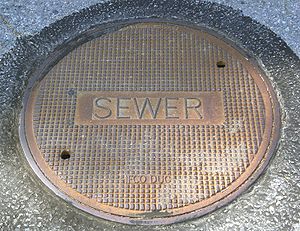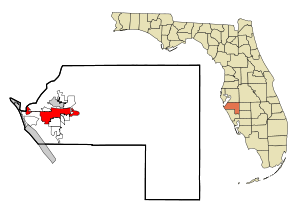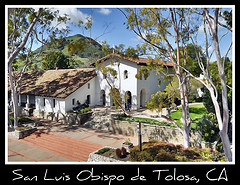LAS VEGAS — Deploying fiber-to-the-home (FTTH) is as much a culture change as a technology change for carriers, according to leading players here at the FTTH Council Conference.
Companies that have tried to sell the new service in traditional ways haven’t always found success.
For example, Telefónica Brazil put its FTTH infrastructure into place before preparing its services, customer service, IT, and back-office operations, said Andre Kriger, the carrier’s FTTH director, in a keynote speech here. And that initial attempt at a massive new service rollout fell flat, he said.









